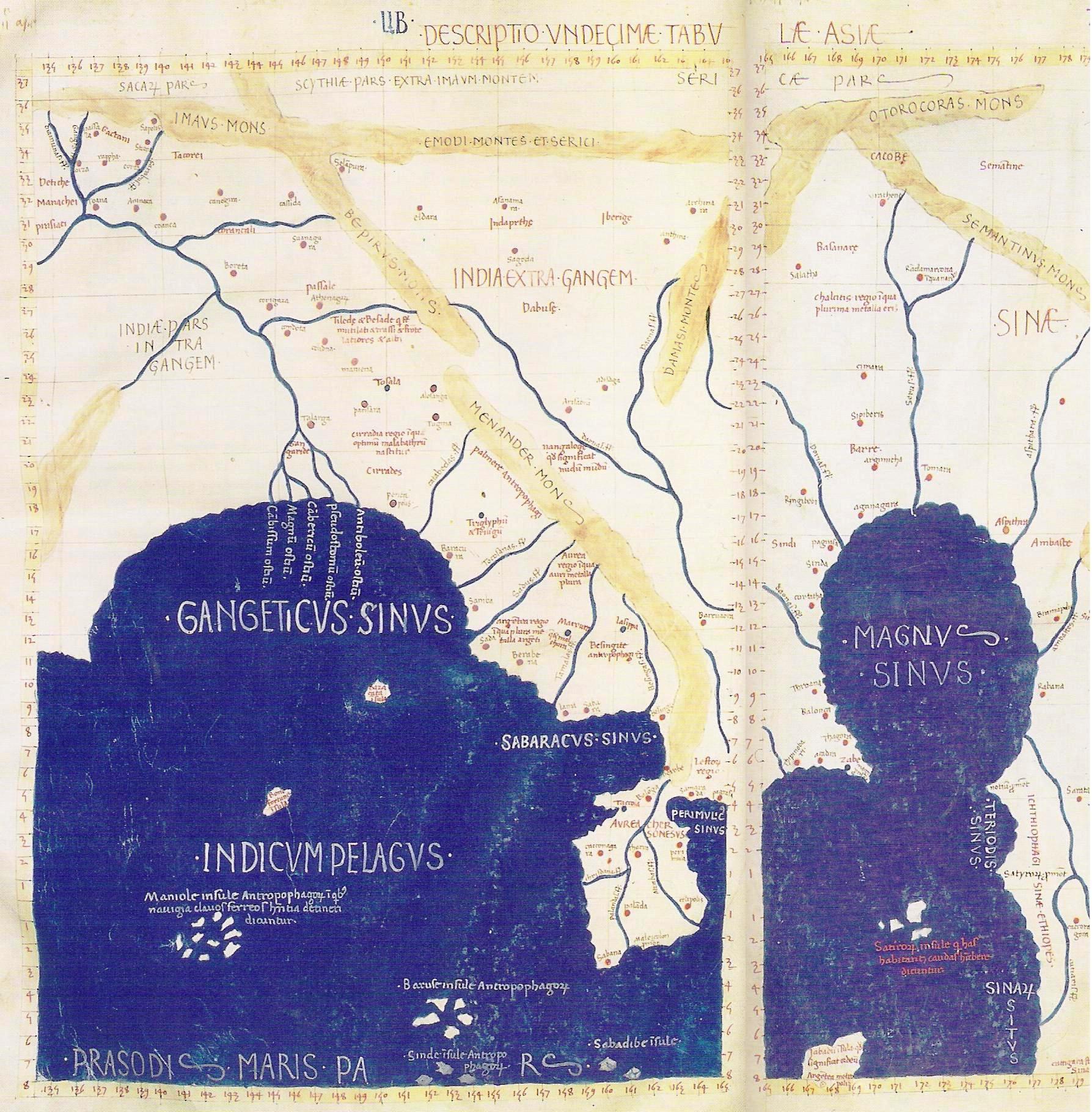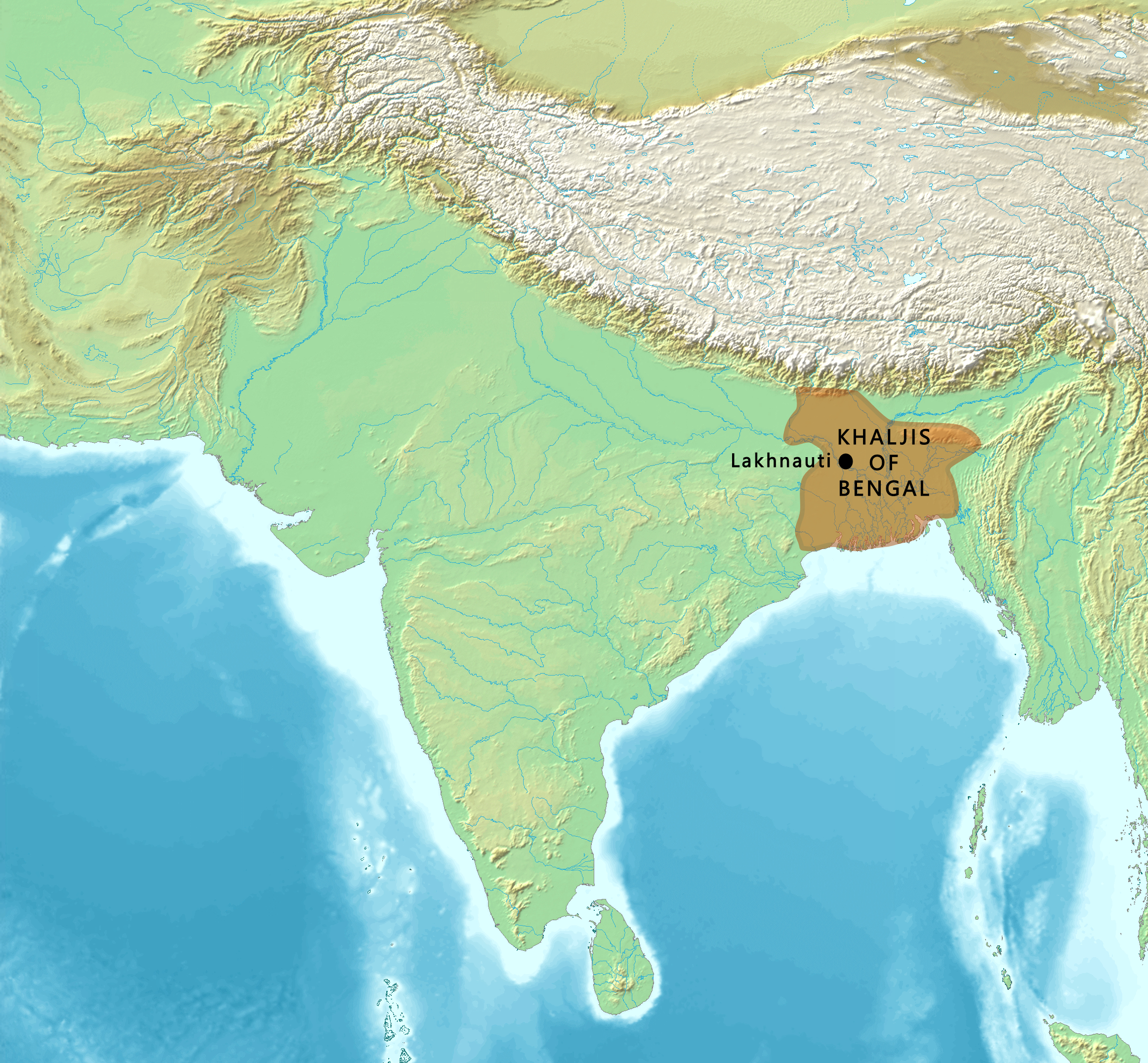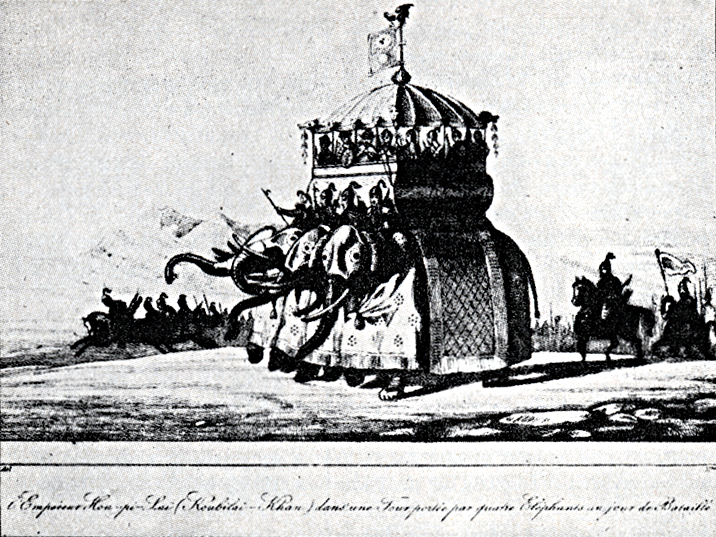|
Ikhtiyar Al-Din (other)
Ikhtiyar al-Din ( ''Ikhtiyāru ’d-Dīn''), meaning "appointed/ chosen of the Islamic religion/ faith/ creed". It may refer to: * Ikhtiyar al-Din Ai-Taq (fl. 1161–1165), amir in western Khurasan following the decline of the Seljuks * Ikhtiyar al-Din Hasan ibn Ghafras (died 1192), vizier of the Seljuk Sultan Kilij Arslan II *Ikhtiyaruddin Ghazi Shah (fl. 1349–1352), sultan of Sonargaon *Muhammad bin Bakhtiyar Khilji (died 1206), Afghan soldier * Malik Ikhtiyaruddin Iuzbak (fl. 1251–1257), ruler of Bengal *Ikhtiyar al-Din also known as Igder – architect to Kublai Khan Kublai Khan (23 September 1215 – 18 February 1294), also known by his temple name as the Emperor Shizu of Yuan and his regnal name Setsen Khan, was the founder and first emperor of the Mongol-led Yuan dynasty of China. He proclaimed the ... {{hndis Arabic-language masculine given names Masculine given names ... [...More Info...] [...Related Items...] OR: [Wikipedia] [Google] [Baidu] |
Islam
Islam is an Abrahamic religions, Abrahamic monotheistic religion based on the Quran, and the teachings of Muhammad. Adherents of Islam are called Muslims, who are estimated to number Islam by country, 2 billion worldwide and are the world's Major religious groups, second-largest religious population after Christians. Muslims believe that Islam is the complete and universal version of a Fitra, primordial faith that was revealed many times through earlier Prophets and messengers in Islam, prophets and messengers, including Adam in Islam, Adam, Noah in Islam, Noah, Abraham in Islam, Abraham, Moses in Islam, Moses, and Jesus in Islam, Jesus. Muslims consider the Quran to be the verbatim word of God in Islam, God and the unaltered, final revelation. Alongside the Quran, Muslims also believe in previous Islamic holy books, revelations, such as the Torah in Islam, Tawrat (the Torah), the Zabur (Psalms), and the Gospel in Islam, Injil (Gospel). They believe that Muhammad in Islam ... [...More Info...] [...Related Items...] OR: [Wikipedia] [Google] [Baidu] |
Ikhtiyar Al-Din Ai-Taq
Ikhtiyar al-Din Ai-Taq was an influential amir in western Khurasan following the decline of the Seljuks, and the ruler of Gurgan and Dihistan from 1161 until 1165. Career Ai-Taq had originally been one of the Seljuk sultan Sanjar's ghulams. When Sanjar was captured by rebellious Ghuzz bands in 1153, Ai-Taq built up an army and quickly established his influence in the western regions of Sanjar's empire. Ai-Taq had not been the only individual to take advantage of Sanjar's overthrow. In Nishapur another of Sanjar's former ghulams, Mu'ayyid al-Din Ai-Aba, had taken power and had gained control of a significant portion of Khurasan. Relations between Ai-Taq and Ai-Aba quickly soured and by 1158 warfare had broken out among them. Ai-Taq received military assistance from Shah Ghazi Rustam, the Bavandid ruler of Tabaristan. Despite this, his forces were defeated by Ai-Aba and Sultan Mahmud Khan and he was forced to flee to Tabaristan. In the end he was compelled to sue for peace an ... [...More Info...] [...Related Items...] OR: [Wikipedia] [Google] [Baidu] |
Floruit
''Floruit'' ( ; usually abbreviated fl. or occasionally flor.; from Latin for 'flourished') denotes a date or period during which a person was known to have been alive or active. In English, the unabbreviated word may also be used as a noun indicating the time when someone flourished. Etymology and use is the third-person singular perfect active indicative of the Latin verb ', ' "to bloom, flower, or flourish", from the noun ', ', "flower". Broadly, the term is employed in reference to the peak of activity for a person or movement. More specifically, it often is used in genealogy and historical writing when a person's birth or death dates are unknown, but some other evidence exists that indicates when they were alive. For example, if there are Will (law), wills Attestation clause, attested by John Jones in 1204 and 1229, as well as a record of his marriage in 1197, a record concerning him might be written as "John Jones (fl. 1197–1229)", even though Jones was born before ... [...More Info...] [...Related Items...] OR: [Wikipedia] [Google] [Baidu] |
Ikhtiyar Al-Din Hasan Ibn Ghafras
Ikhtiyar al-Din Hasan ibn Ghafras or Ikstiyar al-Din Hasan ibn Gavras (died 1192) was a courtier and long-time vizier of the Seljuk Sultan of Iconium, Kilij Arslan II (reigned 1156–1192). He was a member of the Byzantine Gabras family, very likely identical with, or possibly the son of, an unnamed member of the family who defected to the Sultan in the late reign of Emperor Manuel I Komnenos (), became a leading member of the Seljuk court, and served as the Seljuk ambassador to the Emperor during the Myriokephalon campaign of 1175–76.Bryer (1970), pp. 180–181 Ikthyar himself is safely attested from on, when he led negotiations with Saladin. He held the post of vizier until Kilij Arslan's death in 1192. According to historian Anthony Bryer, he was "regarded as a wise statesman and noted for the splendour of his robes and personal jewelry". Nevertheless, it is possible that he (or a possible son) is the "Ghawras" who was accused of poisoning the Sultan and his heir, Kaykhusra ... [...More Info...] [...Related Items...] OR: [Wikipedia] [Google] [Baidu] |
Ikhtiyaruddin Ghazi Shah
Ikhtiyaruddin Ghazi Shah (, ; reigned 1349–1352) was an independent sultan of Sonargaon. History Ikhtiyaruddin was the son and successor of Fakhruddin Mubarak Shah. During his reign in 1350, he lost Chittagong region to the king of Arakan. He was the second and final ruler of the Mubarak Shahi Dynasty. Death In 1352 Ilyas Shah, independent Sultan of Satgaon, who already captured the Lakhnauti Sultanate, attacked Sonargaon. In the battle Ikhtiyaruddin was defeated and killed. Thus for the first time in history, Bengal was unified comprising Sonargaon, Satgaon and Lakhnauti. See also * List of rulers of Bengal * Sonargaon Sonargaon (; ; Literary translation, lit. ''Golden Hamlet (place), Hamlet'') is a historic city in central Bangladesh. It corresponds to the Sonargaon Upazila of Narayanganj District in Dhaka Division. Sonargaon is one of the old capitals of ... * Mubarak Shahi Dynasty References {{DEFAULTSORT:Ghazi Shah, Ikhtiyaruddin Delhi Sultanate ... [...More Info...] [...Related Items...] OR: [Wikipedia] [Google] [Baidu] |
Sonargaon
Sonargaon (; ; Literary translation, lit. ''Golden Hamlet (place), Hamlet'') is a historic city in central Bangladesh. It corresponds to the Sonargaon Upazila of Narayanganj District in Dhaka Division. Sonargaon is one of the old capitals of the historic region of Bengal and was an administrative center of eastern Bengal. It was also a river port. Its hinterland was the center of the muslin trade in Bengal, with a large population of weavers and artisans. According to Greco-Roman world, ancient Greek and Roman accounts, an Emporium (antiquity), emporium was located in this hinterland, which archaeologists have now identified with the Wari-Bateshwar ruins of the Gangaridai, Gangaridai Empire. The area was a base for the Vanga Kingdom, Vanga, Gangaridai, Samatata, Sena dynasty, Sena, and Deva dynasty, Deva dynasties. Sonargaon gained importance during the Delhi Sultanate. It was the capital of the Sonargaon Sultanate ruled by Fakhruddin Mubarak Shah and his son Ikhtiyaruddin Gha ... [...More Info...] [...Related Items...] OR: [Wikipedia] [Google] [Baidu] |
Muhammad Bin Bakhtiyar Khilji
Ikhtiyār al-Dīn Muḥammad Bin Bakhtiyār Khaljī, also known as Bakhtiyar Khalji, was a Turko-Afghan Military General of the Ghurid ruler Muhammad of Ghor, who led the Muslim conquests of the eastern Indian regions of Bengal and parts of Bihar and established himself as their deputy-ruler/governor, He was the founder of the Khalji dynasty of Bengal, ruling Bengal for a short period, from 1203 to 1227 CE. Khalji's invasions of the Indian subcontinent between A.D. 1197 and 1206 led to mass flight and massacres of monks, and caused damage to the traditional Buddhist institutions of higher learning in Northern India. In Bengal, Khalji's reign was responsible for the displacement of Buddhism. The leading centre of teaching for Mahayana Buddhism was Nalanda. At the end of the 12th century, Bakhityar Khalji demolished the monastery in a brutal sacking . His rule is said to have begun the Muslim rule in Bengal, most notably those of Bengal Sultanate and Mughal Bengal. Bakhtiya ... [...More Info...] [...Related Items...] OR: [Wikipedia] [Google] [Baidu] |
Malik Ikhtiyaruddin Iuzbak
Malik Ikhtiyār ad-Dīn Yūzbak (), also known as Mughith ad-Din Abu al-Muzaffar (), was the appointed as the Delhi Sultanate's Governor of Bengal from 1251 CE to 1255 CE. He became an independent Sultan of North Bengal from 1255 CE to 1257 CE. As governor Yuzbak was appointed Governor of Bengal after Masud Jani was unable to defeat the forces delegated by Emperor Narasingha Deva I of Eastern Ganga for four years. In 1254, he invaded the Azmardan Raj (present-day Ajmiriganj) in northeast Bengal and managed to defeat the local Raja. In 1255, Yuzbak succeeded in repulsing Emperor Narasingha's forces, led by the emperor's son-in-law Savantar, away from south-western Bengal. After capturing Mandaran in western Bengal, Yuzbak fixed the border between the two empires at the Damodar River. As independent Sultan Following the recapture of Mandaran and southwestern Bengal, he signed a treaty of alliance with Narasingha and declared himself independent of the Delhi Sultanate. He style ... [...More Info...] [...Related Items...] OR: [Wikipedia] [Google] [Baidu] |
Kublai Khan
Kublai Khan (23 September 1215 – 18 February 1294), also known by his temple name as the Emperor Shizu of Yuan and his regnal name Setsen Khan, was the founder and first emperor of the Mongol-led Yuan dynasty of China. He proclaimed the dynastic name "Great Yuan" in 1271, and ruled Yuan China until his death in 1294. Kublai was the second son of Tolui by his chief wife Sorghaghtani Beki, and a grandson of Genghis Khan. He was almost 12 when Genghis Khan died in 1227. He had succeeded his older brother Möngke as Khagan in 1260, but had to defeat his younger brother Ariq Böke in the Toluid Civil War lasting until 1264. This episode marked the beginning of the division of the Mongol Empire. Kublai's real power was limited to the Yuan Empire, even though as Khagan he still influenced the Ilkhanate and, to a significantly lesser degree, the Golden Horde. In 1271, Kublai established the Yuan dynasty and formally claimed orthodox succession from prior Chinese dynasties. ... [...More Info...] [...Related Items...] OR: [Wikipedia] [Google] [Baidu] |
Arabic-language Masculine Given Names
Arabic (, , or , ) is a Central Semitic language of the Afroasiatic language family spoken primarily in the Arab world. The International Organization for Standardization (ISO) assigns language codes to 32 varieties of Arabic, including its standard form of Literary Arabic, known as Modern Standard Arabic, which is derived from Classical Arabic. This distinction exists primarily among Western linguists; Arabic speakers themselves generally do not distinguish between Modern Standard Arabic and Classical Arabic, but rather refer to both as ( "the eloquent Arabic") or simply ' (). Arabic is the third most widespread official language after English and French, one of six official languages of the United Nations, and the liturgical language of Islam. Arabic is widely taught in schools and universities around the world and is used to varying degrees in workplaces, governments and the media. During the Middle Ages, Arabic was a major vehicle of culture and learning, e ... [...More Info...] [...Related Items...] OR: [Wikipedia] [Google] [Baidu] |




